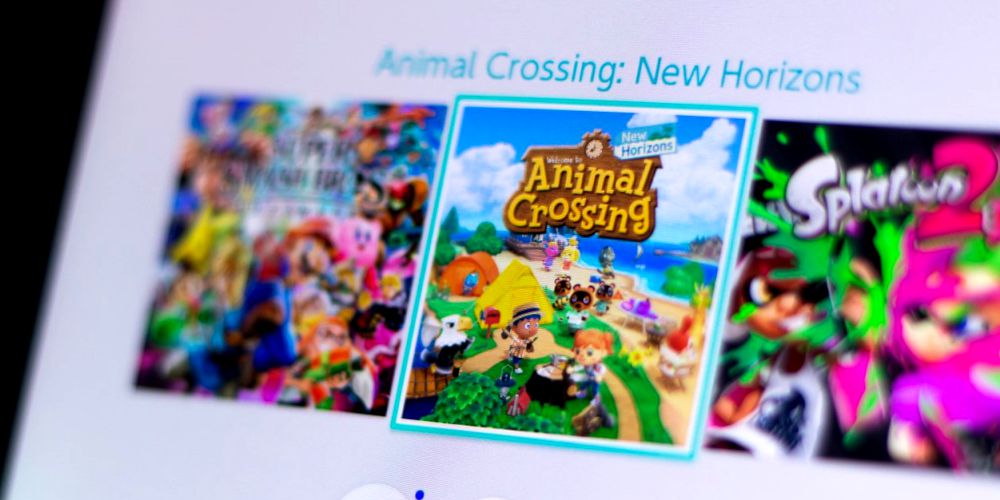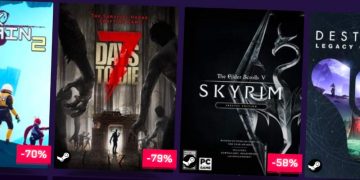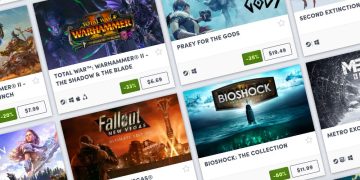Digital console games are the future. After all, digital games come with one major advantage: they give you immediate access to gameplay.
Instead of having to drive to the store, you can simply buy a game online and play it within seconds.
But if you've bought digital games for your console, you'll notice how expensive they are when compared to physical copies.
You'd think that physical games would be more expensive to account for the production of the game case, cover art, and disk, but they're still the same price (and sometimes cheaper).
The price of digital games never seems to waver. Once a game publisher sets a price, digital games usually stay at the price point, and there are a few reasons behind that.
1. You Can't Buy Digital Games Used
One of the most obvious reasons behind the unwavering price of digital games is the fact that you can't buy them used. Sure, you can get digital games at a discounted price as part of a game bundle, but you'll never see a used digital game copy.
You can only wait for a game bundle or sale to get a discount on a digital game. While you can also resort to one of those sketchy cheap game code sites, these digital storefronts aren't always the most reliable.
Unlike digital games, physical games can be resold. The used version is always sold at a cheaper price, which you obviously don't see with digital games.
2. Digital Stores Have Less Competition
Think about it: digital storefronts barely have any competition when it comes to big-box retailers.
Target, Walmart, Best Buy, GameStop, and more all have to compete to sell the same games—how can a store like Target convince shoppers to buy the game there instead of elsewhere?
In order to compete, in-person retailers have to hold sales or slash prices to attract buyers. This is why you'll often see discounted games at physical stores.
As of right now, the main digital storefronts for console gaming consist of the Microsoft Store, PlayStation Store, and the Nintendo eShop. Since PC gaming has a larger selection of digital shops, you'll see a much wider variety in pricing.
Console-exclusive games lower the competition even more. Less competition means less competitive pricing.
3. There Is No Middleman
When games are sold in stores, game companies have to deal with a middleman: the retailer. In other words, every time a game gets sold, retailers get a small cut of the game's price.
Not to mention that retailers often rush to get items off the shelf, which sometimes means putting leftover games on sale.
On a digital storefront, there is no middle man. The game publisher can set the price, and then leave it at that price forever.
Publishers know that people will buy digital copies for convenience, which means they don't even need discounts to entice buyers.
4. Digital Copies Just Can't Be Cheaper
Ultimately, digital copies just can't be cheaper.
If digital copies were consistently cheaper than physical games, physical retailers would be driven out of business. It's already tough enough for stores like GameStop to survive, and discounted digital copies would basically act as a nail in a coffin.
So, if you think it's completely illogical for digital game copies to be more expensive than physical copies, you're right. For the sake of keeping in-person retailers alive, digital games must match the price of their tangible counterparts.
Until more competition can enter the console gaming market, and physical game retailers vanish forever, digital copies will remain the same price.


